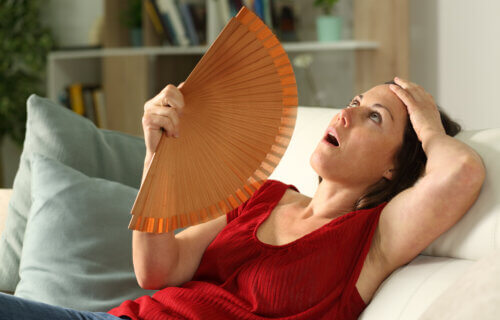Menopause is a period that every woman goes through in life, marking the transition from her childbearing years to maturity. Actual menopause is considered to occur 12 months after a woman’s last menstrual cycle. Before that, a transitional period occurs, where the body goes through major changes as it stops producing certain hormones. A decrease in hormones can result in a variety of common symptoms, such as hot flashes, night sweats, insomnia, and more. How menopause affects each woman will vary by individual, but it is important to be educated about the impact it will have on the body. That’s why StudyFinds has put together a list of the top menopause treatments most recommended by experts.
With the whirlwind of symptoms that comes with menopause, women are constantly searching for ways to alleviate some of the discomfort that happens. Thanks to the recommendations of 12 experts, StudyFinds has created a list of the best remedies for menopause that health experts recommend the most. Keep in mind that each person’s body and experiences are unique, so consult your doctor before trying anything new. If you have a remedy you’ve already tried with good results, tell us your story in the comments below!
➡️ How Our “Best Of The Best” Lists Are Created
StudyFinds’ “Best of the Best” articles are put together with the idea of taking the work out of common consumer research. Ever find yourself searching for a product or service on Google and reading multiple reviews to find items listed across many of them? Our Best of the Best lists are created with that process in mind, with each item ranked by how frequently it appears on expert reviews or lists. With Best of the Best, you are getting consensus picks — making them truly the best of the best!
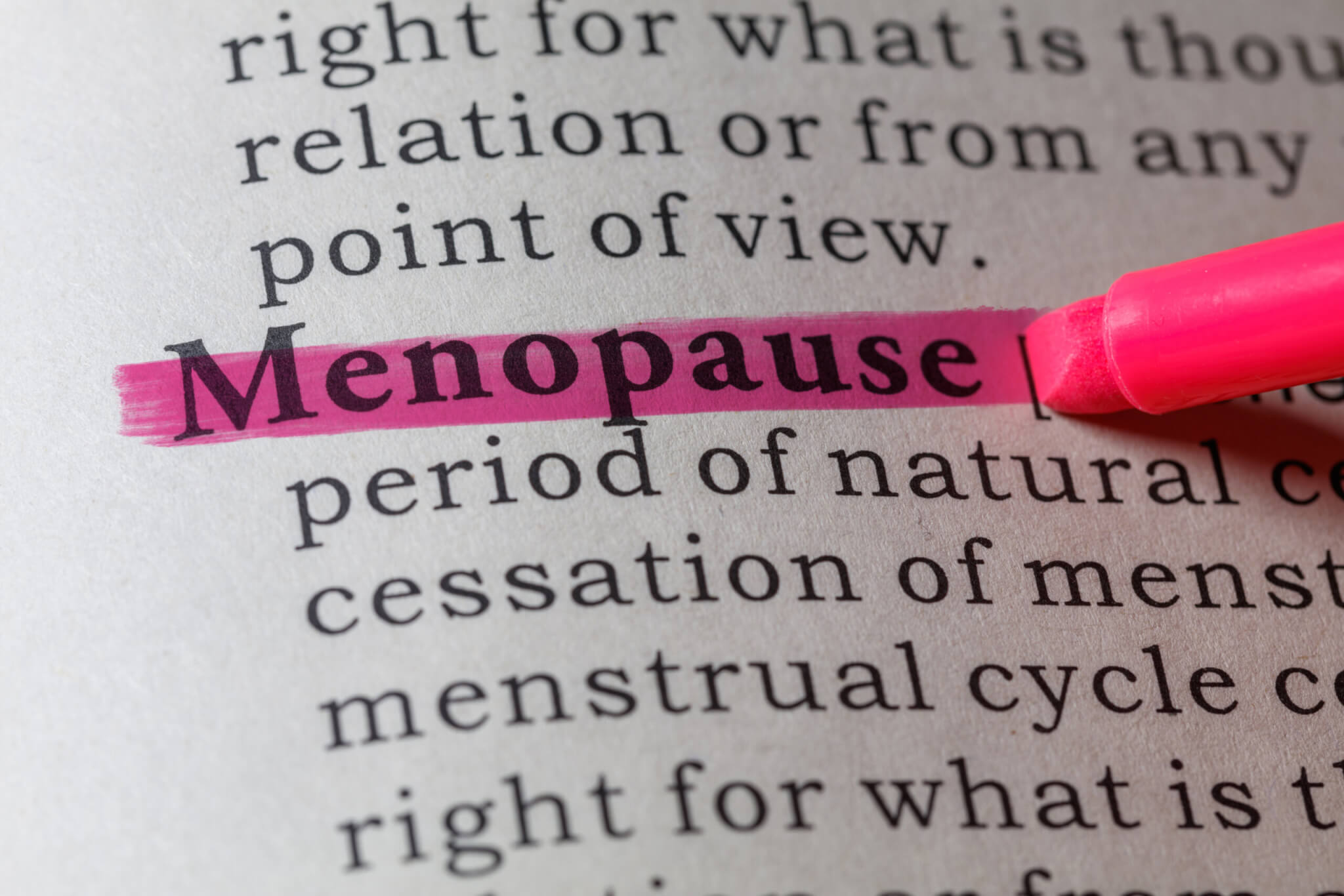
The List: Best Remedies for Menopause, According to Experts
1. Maintain A Healthy Diet

The foods you eat can have a large impact on how you feel, and the same can be said of your diet during menopause. Eating a healthy balance of fruits, vegetables, protein, healthy fats, and carbohydrates ensures your body has everything it needs to function correctly and keep your energy levels stable. Women’s Health Network recommends menopausal women to eat three meals a day and at least two snacks daily to keep their blood sugar stable.
Plant-based foods that contain isoflavones, or plant estrogens, can sometimes help to supplement estrogen levels and can be found in products that contain soy like tofu or soy milk. Cleveland Clinic says a menopause-friendly diets relieves vasomotor symptoms, which include hot flashes and night sweats. These diets also prevent bone loss.
Food sensitivities can also trigger certain symptoms, so eliminating things like alcohol, sugar, or processed foods can be helpful. Foods that trigger hot flashes, night sweats, and mood changes include caffeine, alcohol, and sugary and spicy foods, according to Healthline.
2. Menopausal Hormone Therapy
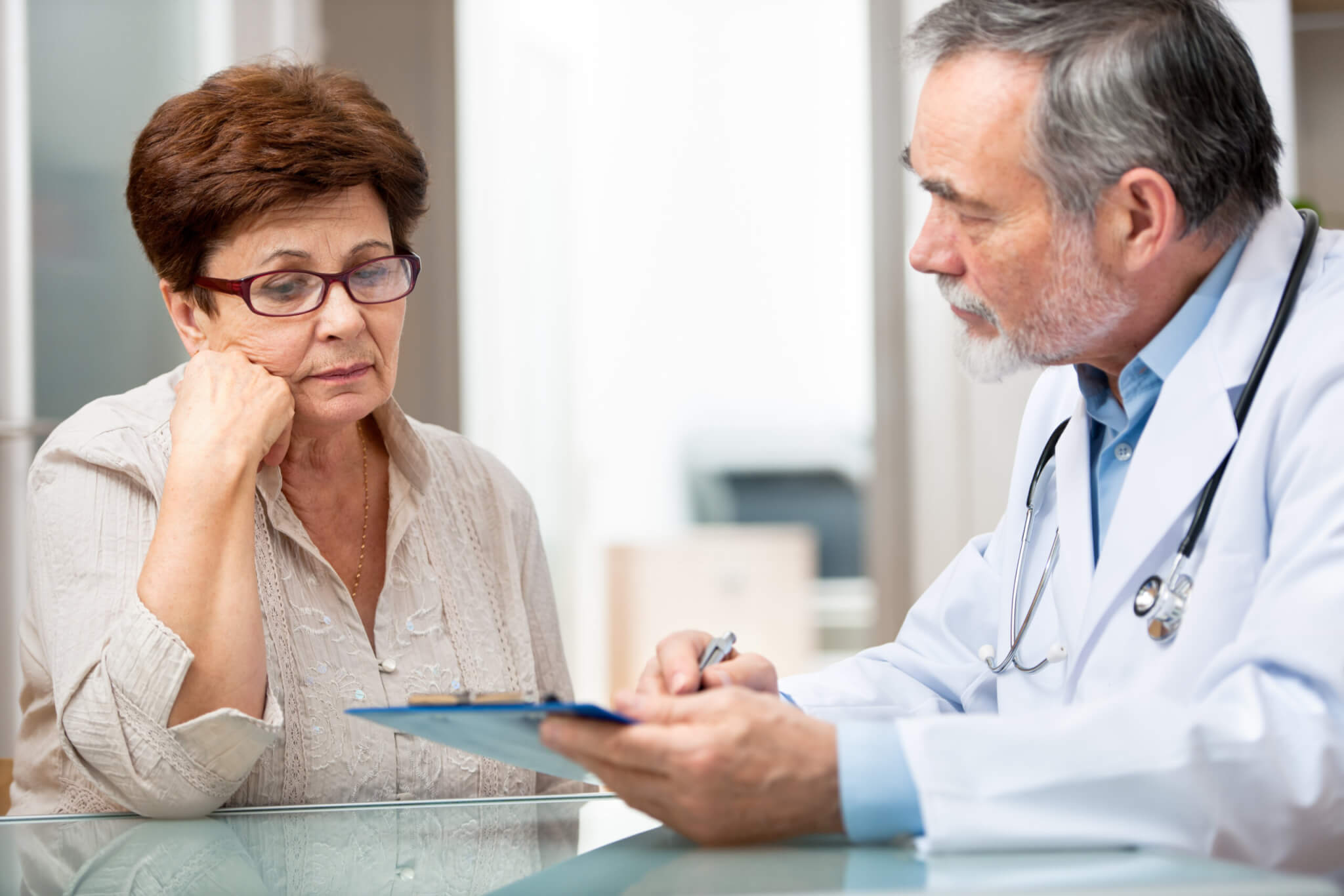
Menopausal hormone therapy involves taking medication that contains estrogen to replace what your body stops making during menopause. Mayo Clinic says estrogen therapy “is the most effective treatment option” for hot flashes.
There are two types of estrogen therapy: systemic, which affects your entire body, and vaginal, which is centralized and comes in a low dose to treat vaginal dryness. Healthline recommends menopausal hormone therapy if women have long-lasting and severe symptoms.
Hormone therapy can have some risks and side effects, especially for those who have pre-existing conditions, so be sure to consult your doctor to see if it’s a safe option for you. Forbes notes that menopausal hormone therapy is an effective treatment for women who have lower levels of estrogen.
3. Prescription Antidepressants
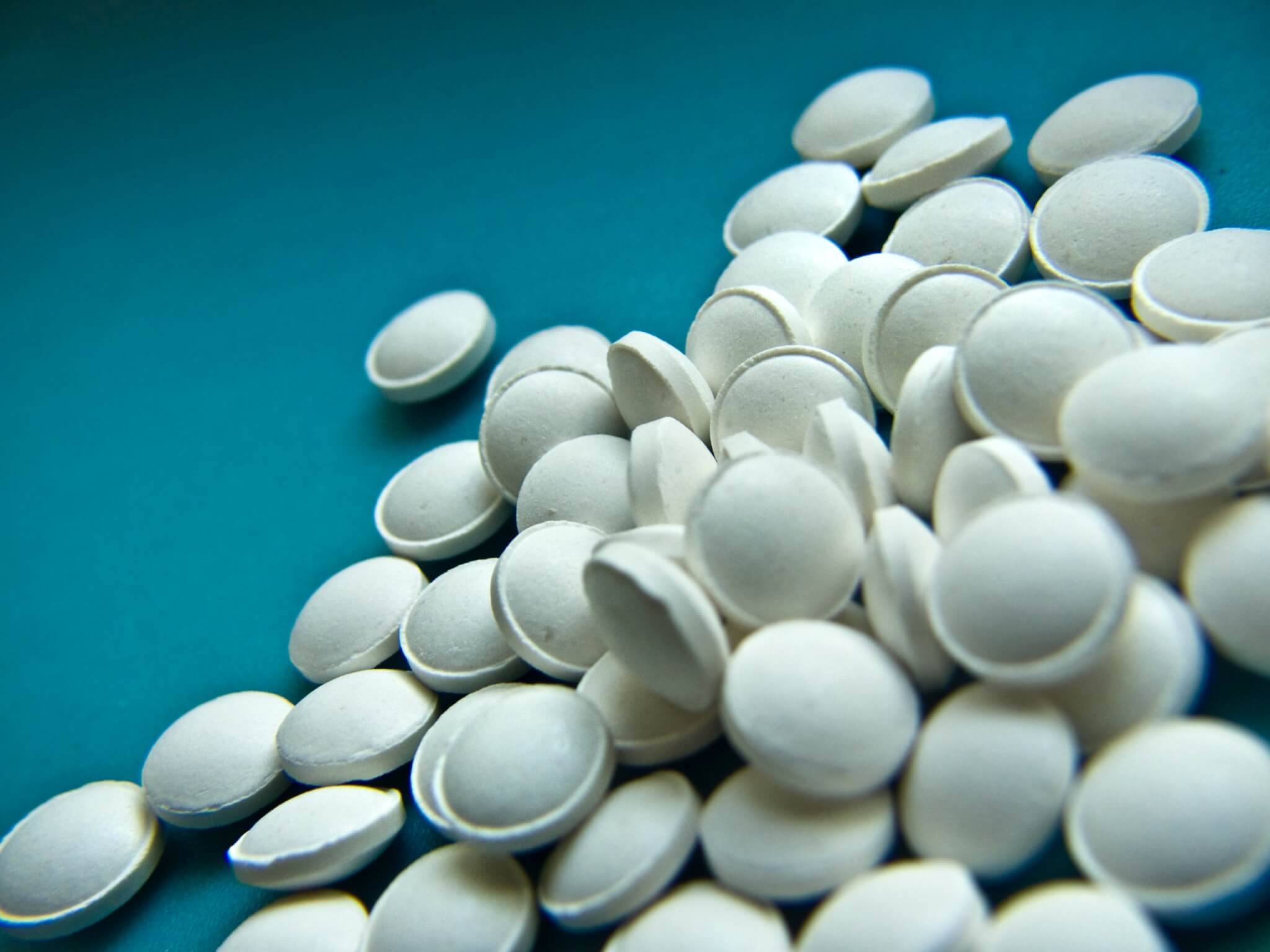
Menopause symptoms can also manifest in the form of mood swings or, in more severe cases, depression. Prescription antidepressant medications can help level out mood and also treat hot flashes. According to Verywell Health, the top medications to reduce the severity of hot flashes includes Paxil, Celexa, Lexapro and Effexor.
Antidepressants can be a good option to treat those that estrogen therapy is not a good option for, as they help to regulate crucial neurotransmitters in the brain. The North American Menopause Society says women who took antidepressants had few side effects and showed marked improvement.
Antidepressants may not be OK to take in conjunction with other medications or conditions, and, as always, a medical professional should be consulted, explains the Mayo Clinic.
4. Regular Exercise

Exercise is always beneficial for strength, cardiovascular health, and weight maintenance. Gaining weight is often associated with and blamed on menopause, but symptoms in sedentary individuals are often much worse than those who stay active. The Women’s Health Network recommends choosing exercise activities you like. The website also notes that gentle exercise helps if your adrenal glands are overworked and if you feel fatigued.
Your weight also affects the hormone levels in your body, which can have a direct impact on menopausal symptoms, as well as your mental health. The National Council on Aging explains regular exercise releases endorphins, which — in turn — relieves menopausal symptoms. The council recommends women going on short daily walks and doing yoga.
A combination of cardio, mobility, and strength training is important, but the best exercise is the routine you can stay most consistent with. Healthline notes a Pilates-based exercise program improves energy and metabolism, decreases stress and provides better sleep.
5. Manage Stress
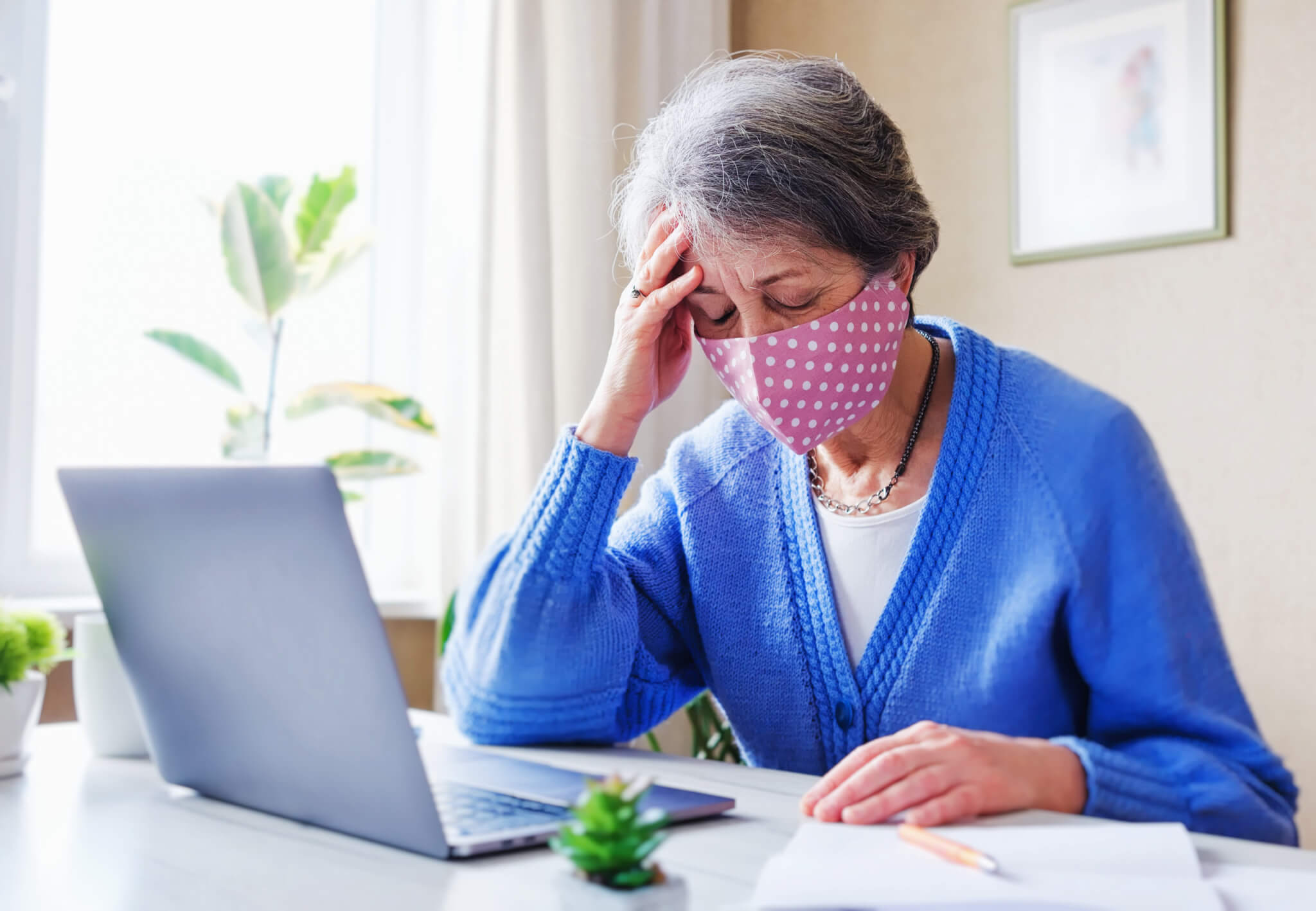
The symptoms of menopause itself may cause stress and anxiety, causing the symptoms themselves to be exacerbated or lengthened. Stress during menopause also causes insomnia, leading to even more of a decline in mental and physical health. Epinephrine releases into the body when women develop anxiety during hot flashes, causing an increase in body temperature and sweating, according to Medical News Today.
When the body is stressed and cortisol levels rise, it activates the body’s fight or flight response, which can lead to problems with memory, metabolism, and immunity. Women’s Health Network reveals that stress also causes hot flashes and low libido. One great way to reduce stress is doing deep breathing exercises.
Estrogen is also known to reduce the amount of cortisol produced when stressed. Lower estrogen levels in menopause can make it feel harder to cope. Cleveland Clinic writes that premenopausal people with anxiety were five times more likely to have hot flashes.
6. Increase Calcium And Vitamin D Intake

Women develop an increased risk of osteoporosis as they age and lose bone density. Vitamin D is just as critical to the body as calcium, as it allows the body to absorb calcium. Good Housekeeping recommends women over 50 getting 1200 milligrams of dietary calcium a day and drinking 10 ounces of a calcium-fortified milk product. If you don’t want to go the dairy route, soybeans, dark leafy greens, canned salmon and figs are a good replacement.
The drop in estrogen levels during menopause causes decreased bone density and calcium absorption, so it’s important to make sure you’re getting enough of both in your daily diet. WebMD explains that most adults need 600 IU daily, while those 71 and older need 800 IU a day.
Most of your nutrients should usually come from food, but using calcium or vitamin D supplements can help you meet your daily intake. According to Healthline, taking vitamin D lowers the risk of hip fractures from weak bones.
7. Use A Lubricant For Vaginal Dryness
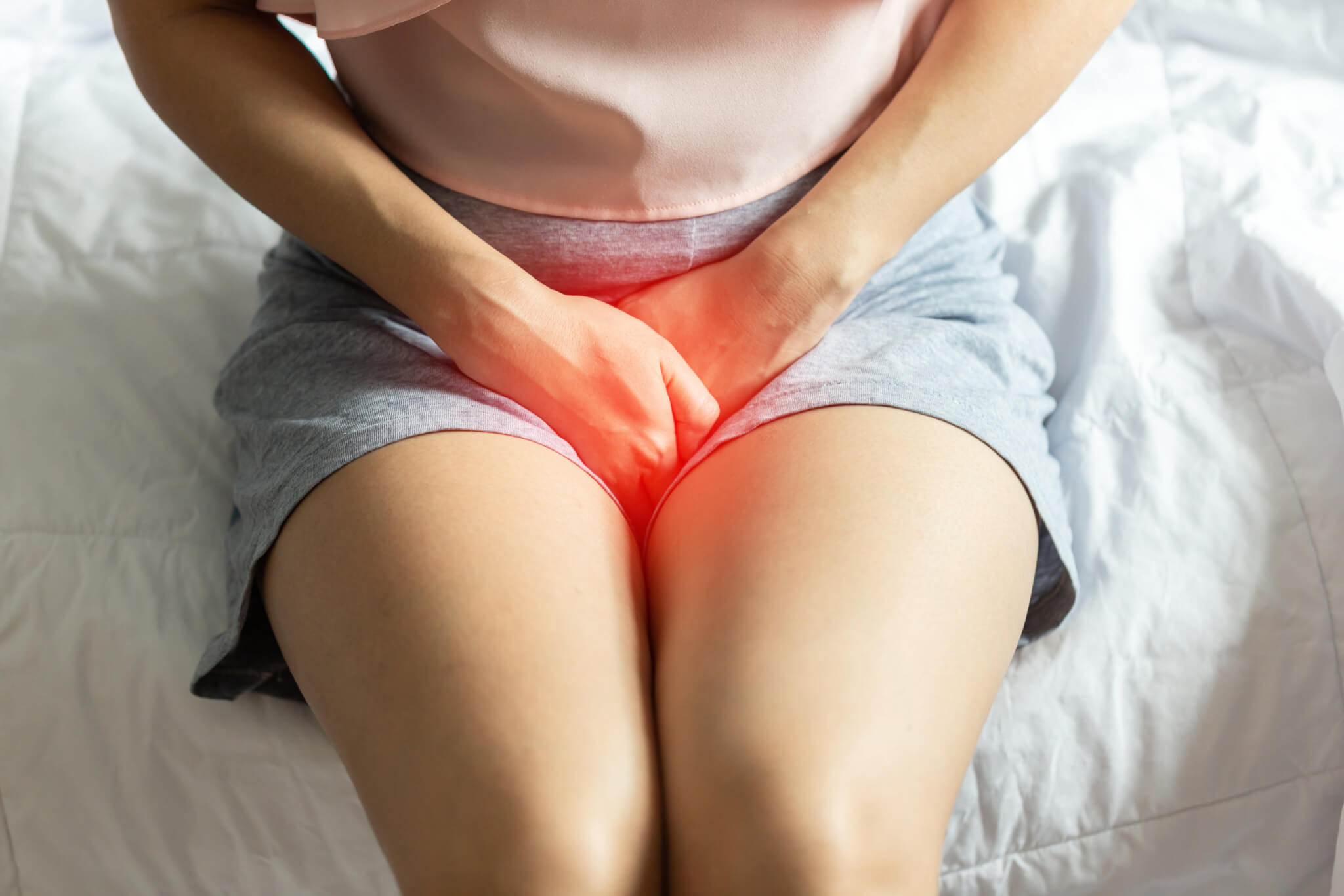
Vaginal dryness is a common problem for women in menopause, as the lack of estrogen makes it difficult to produce normal levels of lubrication during arousal. Cleveland Clinic notes vaginal dryness can make sex very painful, but over-the-counter vaginal lubricants can help by decreasing friction and chafing.
Hormone therapy also exists for this issue in the form of estrogen creams or other treatments to the vagina. The Mayo Clinic says this type of treatment releases a small amount of estrogen, relieving dryness, discomfort during sex and urinary symptoms.
Using a lubricant during sex during or after menopause can make sexual activity much more comfortable for both parties. Make sure you find a product that is non-irritating for your body. The North American Menopause Society recommends using only water-soluble products should be used because vaseline increases irritation. Women should also avoid using hand creams and lotions containing alcohol and perfume.
You might also be interested in:
Sources:
- Women’s Health Network
- Cleveland Clinic
- Healthline
- Mayo Clinic
- Forbes
- VeryWell Health
- The North American Menopause Society
- Women’s Health Network
- National Council on Aging
- Medical News Today
- Good Housekeeping
- WebMD
Note: This article was not paid for nor sponsored. StudyFinds is not connected to nor partnered with any of the brands mentioned and receives no compensation for its recommendations. This article may contain affiliate links in which we receive a commission if you make a purchase.
